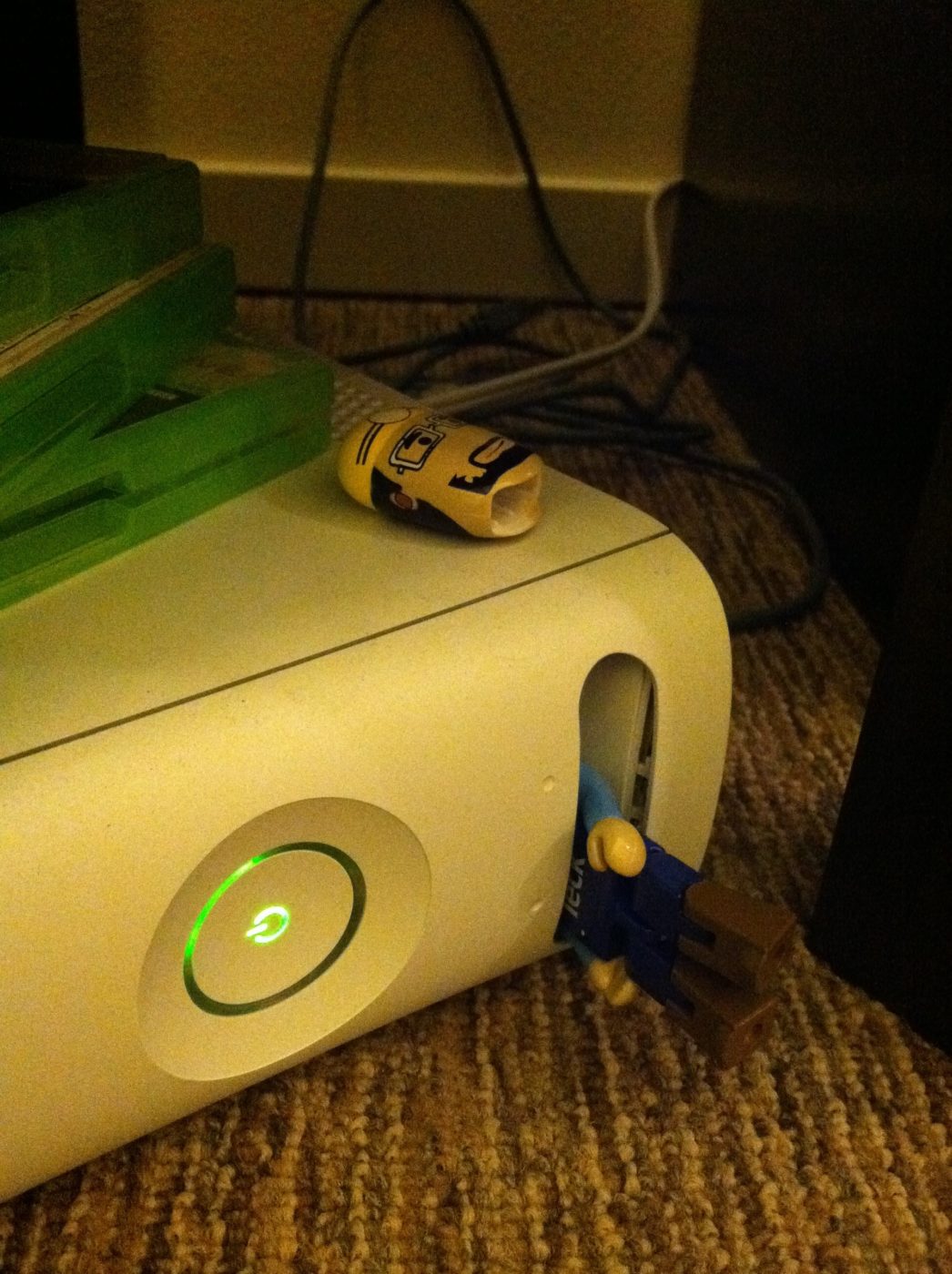Suzi Steffen pointed me to this post by Doug McLennan earlier. I like it. Doug writes,
I think the new literate goes beyond words, and beyond making video and image and sound. I think code and meta-data are the new literacy, and that in turn leads to a new literateness. Information and ideas are multi-dimensional. Those who can take dynamic information and mash it up and mix it and find creative ways of presenting it in service of ideas have the possibility of communicating in more compelling ways than with just words or video or image.
He’s spot on. It reminds me of something Matt said earlier this year in a Q&A session with Memburn. He said,
Scripting is the new literacy, and the ability to learn and execute on your ideas without relying on anybody else is going to be invaluable as you iterate and experiment on building something. It’s good to build for yourself first, because in the worst-case scenario where no one else likes it, at least you will.
That type of individual-driven creation and publication is something schools still struggle to grasp. Our school system must move quickly to adopt new ideas of literacy beyond what’s traditional.
I particularly like that Doug pointed out it’s more than the act of creation that makes for literacy. You need to do more than write, record, or photograph. A creative form of presentation is an inherent part of his definition. Your ability to use, master, and build those tools determines how much you control your path.

